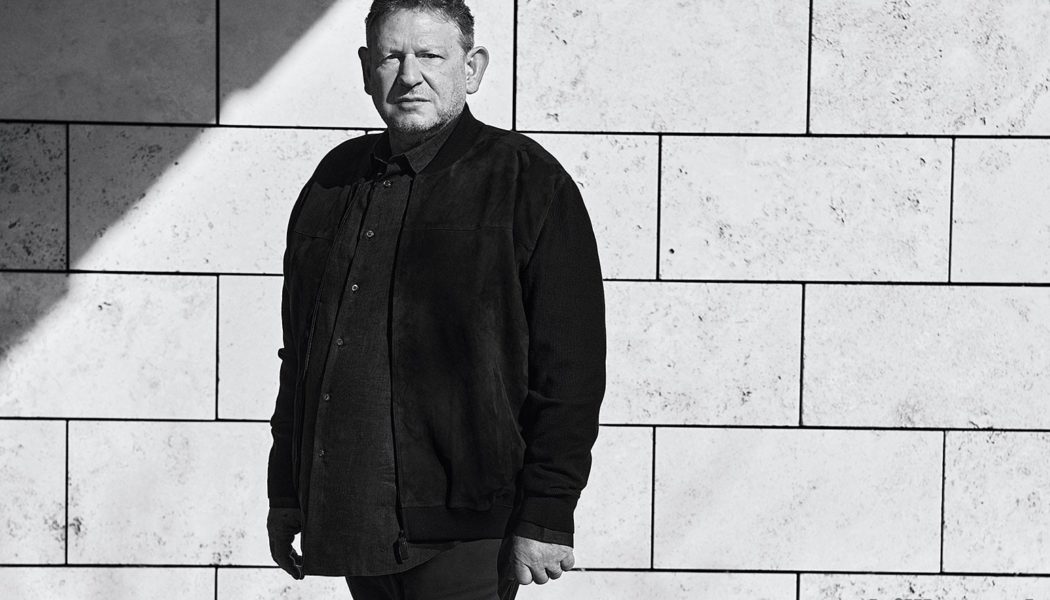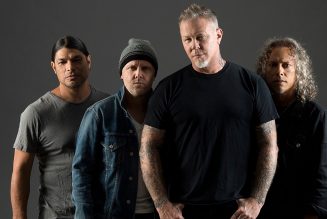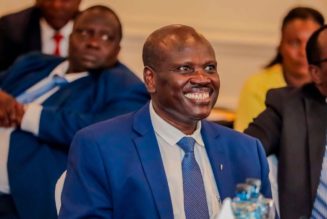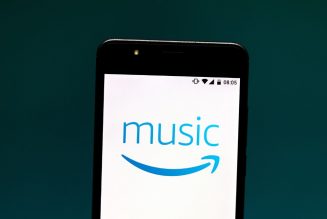
When post-employee benefits and share-based payouts are added, that total jumps to $132 million — almost double the $62.2 million paid to the executive team in 2018.
According to the UMG website, the executive team consists of UMG chairman/CEO Lucian Grainge; executive vp Michele Anthony; chairman/CEO of Central Europe and Deutsche Grammophon, Frank Briegmann; executive vp and general counsel Jeffrey Harleston; executive vp and chief people and inclusion officer Eric Hutcherson; United Kingdom and Ireland chairman/CEO David Joseph; executive vp marketing Andrew Kronfeld; executive vp/CFO Boyd Muir; executive vp digital strategy Michael Nash; executive vp/chief administrative officer Will Tanous; and Universal Music Publishing Group (UMPG) chairman/CEO Jody Gerson.
The financial data drop, which Vivendi likely released in preparation for UMG’s expected to become publicly traded in late-September, does not specify how that $128.4 million was divvied up among the 11 executives. Were it distributed equally (it’s not), it would amount to an $11.7 million 2020 payday for each executive — not enough to buy happiness, perhaps, but sufficient to purchase a yacht that would float pretty close.
Financial observers note that executive team compensation expected to look even richer once UMG goes public, as the company will probably have its own management incentive stock plan. But as things stand now, UMG’s executive team likely received higher salaries due because they don’t have such a management incentive stock plan. In order to attract and maintain top talent, UMG has to compete with the Warner Music Group, which does have a management incentive stock plan that will someday deliver hundreds of millions of dollars to its upper management team. Also, the salary structure for the executive management board probably reflects the value that the team has created down through the years through its management of UMG: In 2013 Softbank offered to buy UMG from Vivendi for $8.5 billion; currently, UMG is valued at about $40 million.
UMG’s total personnel costs in 2020, including the executive management team, were $1.42 billion of which $1.2 billion went to salaries – 17.6% of the companies $8.04 billion in revenue.
Last year, Universal carried on average 8,800 employees, up from 8,400 in 2019 and 7,900 in 2019. If the executive team’s compensation is excluded from overall salaries and total benefit compensation, that works out to an average salary of $121,000 and an average benefits package — which also includes social security and other employee costs — of $147,000. But, again, this is still skewed somewhat higher by salaries and bonuses paid to label chairman like Republic’s Monte Lipman and Interscope’s John Janick, which are generally not disclosed. (The foreign currency translations used in this story are based on the annual average exchange rates experienced by Vivendi and quoted in the company’s annual financial results for the year of 2020 — 1 euro to $1.13; and 2018 — 1 euro to $1.187.)
UMG declined to comment . –-Ed Christman
Joni Chats With Clive At Grammy Gala
When part two of Clive Davis’ invitation-only virtual Pre-Grammy Gala takes place on May 15 — the day before the awards ceremony was originally scheduled to take place — the festivities will include a prerecorded interview with Joni Mitchell that was conducted by the master of ceremonies. A source in Davis’ camp says that during the conversation, Mitchell, 77, cites Édith Piaf and her early exposure to Black artists as influences on her jazz-influenced style of songwriting. While growing up in Alberta, Canada, she tells Davis, “There was a sideshow when the fair came to town called Harlem in Havana. We were all forbidden by our parents as kids to be seen even standing there watching because it was Black burlesque,” she recalls. “But they played a really sexy version of [Jimmy Forrest’s] ‘Night Train’ and that piece of music really affected my writing,” she explains.
When Davis asks for Mitchell’s reaction to the multitude of artists who have been influenced by her work and covered her songs, Mitchell, who has given few interviews since recovering from a 2015 aneurysm that affected her speech and ability to walk, says that she was told repeatedly over the course of her career, “Nobody is ever going to cover your songs. They are too personal.”
Other artist conversations slated for the gala include Queen’s Brian May and Roger Taylor, Elton John, Paul Simon, H.E.R., DaBaby, Carlos Santana, Rob Thomas, Dave Grohl, Dionne Warwick, Slash and Donovan. –Frank DiGiacomo










